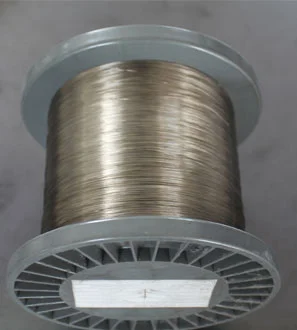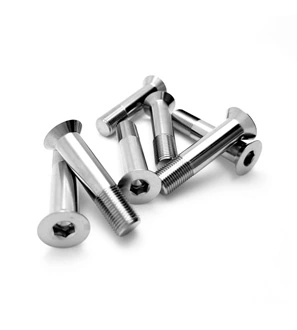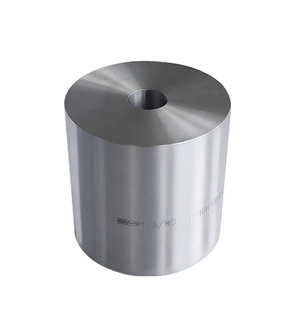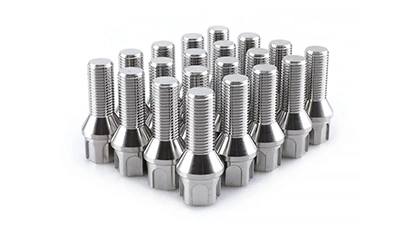Evaluation of the Corrosion Resistance of Titanium Welded Pipe in Various Environments
Titanium welded pipe is an excellent choice for applications requiring corrosion resistance, but its corrosion resistance can vary depending on the environment. Several factors affect the corrosion resistance of the pipe, including the titanium grade, surface finish, and welding method used. In various environments, such as seawater or acidic solutions, titanium welded pipes are exposed to an aggressive chemical environment that can cause corrosion. Therefore, it is essential to assess the corrosion resistance of titanium welded pipes in these environments. Several tests, such as electrochemical, immersion, and salt spray tests, can be used to evaluate the corrosion resistance of titanium welded pipes, thus ensuring their suitability for specific applications. Yeshengti offer bulk titanium tubes for sale, click here for more custom selections.
Effect of Temperature and Environment on the Performance of Titanium Welded Pipe
With Yeshengti titanium factory, The performance of titanium welded pipe can be affected by a variety of factors, including temperature and environment. Elevated temperatures can cause titanium welded pipes to experience creep deformation, which limits their usefulness in high-temperature applications. The environment in which the pipe is used can also play a significant role in its performance. Severe environments, such as acidic solutions, saltwater exposure, and corrosive gases, can cause corrosion and degradation of the pipe. In the presence of oxygen, titanium welded pipes can form a passive oxide layer that provides excellent corrosion resistance. However, in a vacuum or under hydriding conditions, the pipe may become brittle or experience hydrogen embrittlement. Therefore, careful consideration of temperature and environment is necessary when selecting and using titanium welded pipes.
GR3 titanium welded pipe VS GR4 titanium welded pipe
Yeshengti’s GR3 and GR4 titanium welded pipes are essential components in industries requiring durable and corrosion-resistant materials. GR3 titanium welded pipe, a grade 3 titanium alloy, is known for its outstanding corrosion resistance, particularly in oxidizing environments. Its weldability and formability also make it a suitable choice for various chemical processing, marine, and aerospace applications. On the other hand, Yeshengti’s GR4 titanium welded pipe, a grade 4 titanium alloy, offers a balance of strength, corrosion resistance, and formability. It contains small amounts of palladium, enhancing its corrosion resistance, especially in mildly reducing environments.
While GR3 titanium welded pipe is commonly used in chlorate manufacturing, pulp, and paper production, GR4 titanium welded pipe finds applications in chemical processing, desalination plants, and marine equipment. The choice between GR3 and GR4 titanium welded pipes depends on the specific environmental and mechanical requirements of the application, with GR3 emphasizing corrosion resistance, and GR4 offering a balance of strength and formability.
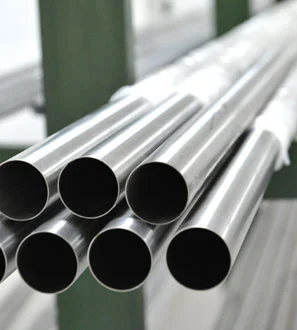 Gr3 titanium tube is a titanium alloy that has low oxygen content, making it an excellent material for applications requiring formability and weldability.Gr3 Titanium Tube Price
Gr3 titanium tube is a titanium alloy that has low oxygen content, making it an excellent material for applications requiring formability and weldability.Gr3 Titanium Tube Price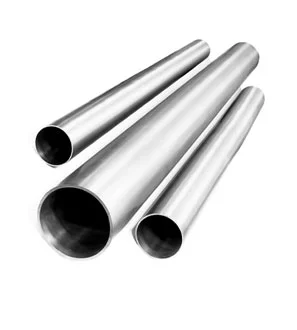 Gr4 titanium tube is a titanium alloy that contains a small amount of palladium, making it more corrosion-resistant than other commercially pure titanium grades. It also has good weldability and formability.Gr4 Titanium Tube Price
Gr4 titanium tube is a titanium alloy that contains a small amount of palladium, making it more corrosion-resistant than other commercially pure titanium grades. It also has good weldability and formability.Gr4 Titanium Tube Price English
English 

